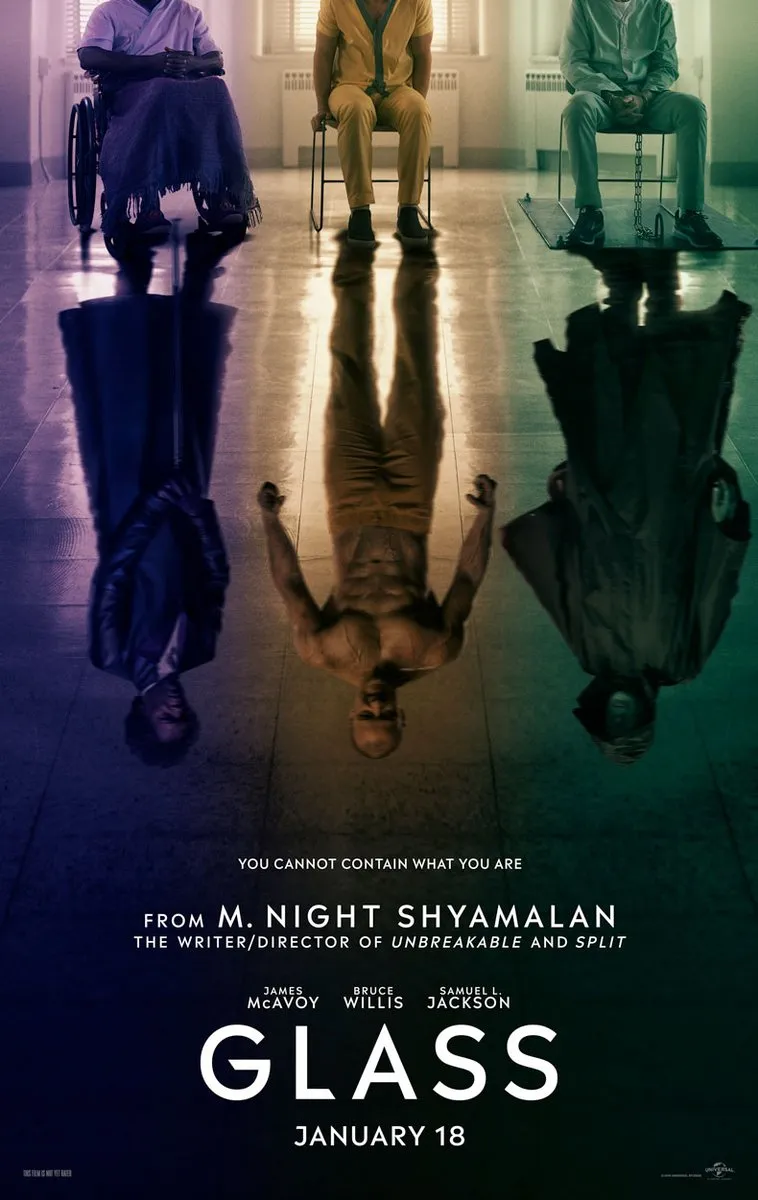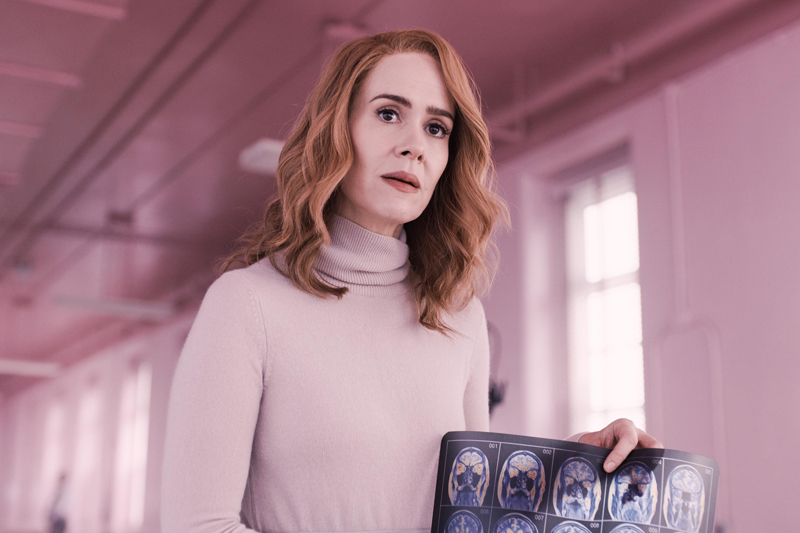Exclusive Glass Blu-ray clip on M. Night Shyamalan’s process
The third film in M. Night Shyamalan’s unconventional superhero trilogy Glass is available now on Digital HD, 4K Ultra HD, Blu-ray, DVD and On Demand. The film completes the story that began with 2000’s Unbreakable and continued in 2016 with Split. ComingSoon.net got to have an exclusive chat with actress Sarah Paulson (American Horror Story, Ocean’s Eight), who plays Dr. Ellie Staple in the film, and you can check out the full interview below! Order your own copy by clicking here!
RELATED: Exclusive Glass Blu-ray Clip On M. Night Shyamalan’s Process
ComingSoon.net: How much preparation did you do in terms of the world of comic books and superheroes? Since your character is very analytical about that field?
Sarah Paulson: Well, I don’t really think there is a—I mean, when I was talking to Night about it, and when I was working on the script, I was like, I wonder if there’s someone I could… the person I wanted to talk to the most was Betty Buckley, actually, because of her experience on “Split”. And I was taking the psychiatrist baton from her to this movie, but there aren’t a lot of therapists and people in the field whose specialty are people who believe they’re superheroes. So there wasn’t a ton of research to dig into in that regard. What I did was try to get myself as well versed in the M. Night Shyamalan universe, if I could, which is very easy to do, because there are many movies to watch. And of course, with this movie, there are two movies to watch that directly pertained and informed this movie. So I watched those movies multiple times, but the truth is, I had seen both of those movies in the theater, including “Unbreakable” when it came out all those years ago. So I was already just a big fan, and so it was a bit of an embarrassment of riches in terms of how I got to immerse myself in all of that and get paid to do it. And then there was Night. I got to ask him and pick his brain about everything, too.
CS: What kind of a set does he run? Is it a very quiet, thoughtful set? Is it a very energetic set? What kind of tone does he create?
Paulson: I think those are both good descriptives, that you just said. It is a quiet set. It is a thoughtful set, and it is also a set that has real energy to it, as well. And so, it’s not a sleepy set. And also, he is making movies a lot of the time, using his own resources. And so, everybody that’s there has been making movies with him from the beginning. He always shoots movies in his hometown of Philadelphia. There’s so many people that have been with him from the beginning, so it really does stir up a family affair, so there’s that part of it that’s really lovely, too. But it is absolutely not a—here’s what it isn’t. It isn’t a goofy set. It isn’t a prankster set. It isn’t a set where people are playing all the practical jokes. You know, you always hear those stories. And I’m like, I don’t know why I never get on set where people are always playing practical jokes because that would be kind of fantastic, but that has yet to happen to me.
CS: Not even on “Ocean’s”?
Paulson: Not on “Ocean’s”. No, I think, no, it didn’t. No, it didn’t. It really didn’t. So I think especially with this one, I hope I get to work with him again, because I so loved working with Night, that this movie was a particular work for him in that it was many, many, many years in the making. And he’d been having this idea and this plan. He made “Split” in the interim, and then had an opportunity to make the movie that he wanted to make, so there was absolutely a bit of seriousness in the air because he knew how important it was to him, which just made you adopt the same energy, which was helpful, I think.
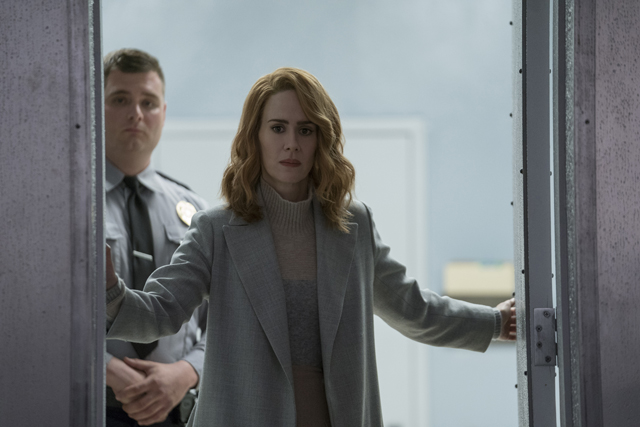
CS: Piggybacking off of that, he actually fronted the budget for his own movie.
Paulson: Yes, he did.
CS: Obviously you’ve worked on a lot of movies before, but what do you think is the biggest difference in a director who’s funding his own project versus one who’s just getting it from the studio?
Paulson: Well, think about it. I mean, it’s basically like his baby, literally and figuratively. He’s responsible for the dollygrip’s paycheck. He’s responsible for the boom operator’s paycheck. He’s responsible for all the actors. So everybody, you know, he’s so invested in this succeeding, and I don’t just mean monetarily or box office, but in the storytelling of it, that he’s going to be tireless in his pursuit of that result. It does contribute to that seriousness and that dedication and that thing where he’s going to be working hours longer than anyone else because he has more invested, and I mean it quite literally, in the outcome being what he hopes it can be. Any time you’re doing something that’s either self-funded or is something you’ve written. He’s directing it. He’s writing it. He’s producing it. He’s financing it. It’s all up to him. And it’s kind of great, too, because then you’re only following a single voice and a single vision. Sometimes you work on things where the studio is weighing in on what your shoes look like. It always feels really ridiculous because you’re going, “What does that have to do—oh, you’re picking shoes that you think, but I’ve done this research that tell sme I’m actually playing this entrepreneur of this tech company and this is what all the kids are wearing at this place. And oh, but they want you to look at a more traditionally tech, you know, whatever that means.” They don’t even know. They just want to weigh in. You’re working with a director for hire, they sometimes have to listen to those notes and it’s very hard to push them in the other direction. But with Night, it’s up to Night. And by the time you have your first costume fitting, they know exactly what your color palette is. They’ve taken fabric swatches and held them up against wall colors in different rooms. And it’s all planned and it’s all purposeful. None of it is happenstance. It’s a wonderful place to be able to go to work and ask the questions of one person and know you’re getting the answer that is the most true and right. And it’s very hard in other environments because you’re getting answers that are trickling down from, you know, five different people with different degrees of power and interest and investment. Whereas to go straight to the source means you’re getting the prime information.
CS: Getting into SPOILER TERRITORY: Obviously, at the end of the movie, we find out that Staple is part of this larger sort of Illuminati-esque group that is responsible for suppressing people with super powers by murdering them. But what struck me as interesting about your character is, she is actually trying to develop this therapeutic way to suppress their powers without killing them. So could you talk a little bit about that sort of conflicted or humane side of her mission?
Paulson: Yeah, I mean, I think that is what governs her choices. I think what happens at the end is devastating to her, is not what she meant to have happen. It’s never happened to her before in this line of work, which she’s been doing for a while. So this was not the prepared outcome, but it is what had to happen for this to be successful. I do think it broke her heart, that it had to happen. I don’t think it was something that pleased her, and I don’t think it was something she would ever, ever have happen again. And I think for every moment in the movie where you feel her compassion and you feel that motivating and driving her, I think that is actually true. I think what she says several times in the movie is, I want you to convince me. Convince me that you are real. Show me something that I can’t scientifically prove as another reason behind its occurrence and I will come to your side. But until you can do that, I need you to entertain what I’m saying to you, you know? So I think she comes from a logical rule-oriented mindset, and she truly believes what she’s doing is for a greater good. And I do think she is devastated by the outcome, I do.
CS: Right. She’s trying to do something that’s morally dubious, but she’s trying to do it in the cleanest way possible.
Paulson: Well, I don’t know that she thinks it’s morally dubious.
CS: That’s true.
Paulson: It’s morally dubious if she thinks she’s actually protecting the world from an imbalance of power and from people doing dangerous things that are dangerous to allow other people to consider or to believe about themselves, when some people may be touched, but other people may not be. And then, sort of emboldening them to behave in ways that are dangerous and put their families at risk and all kinds of things. So I do think she believes she’s doing something for a greater good.
Glass (2019)
-
Glass (2019)
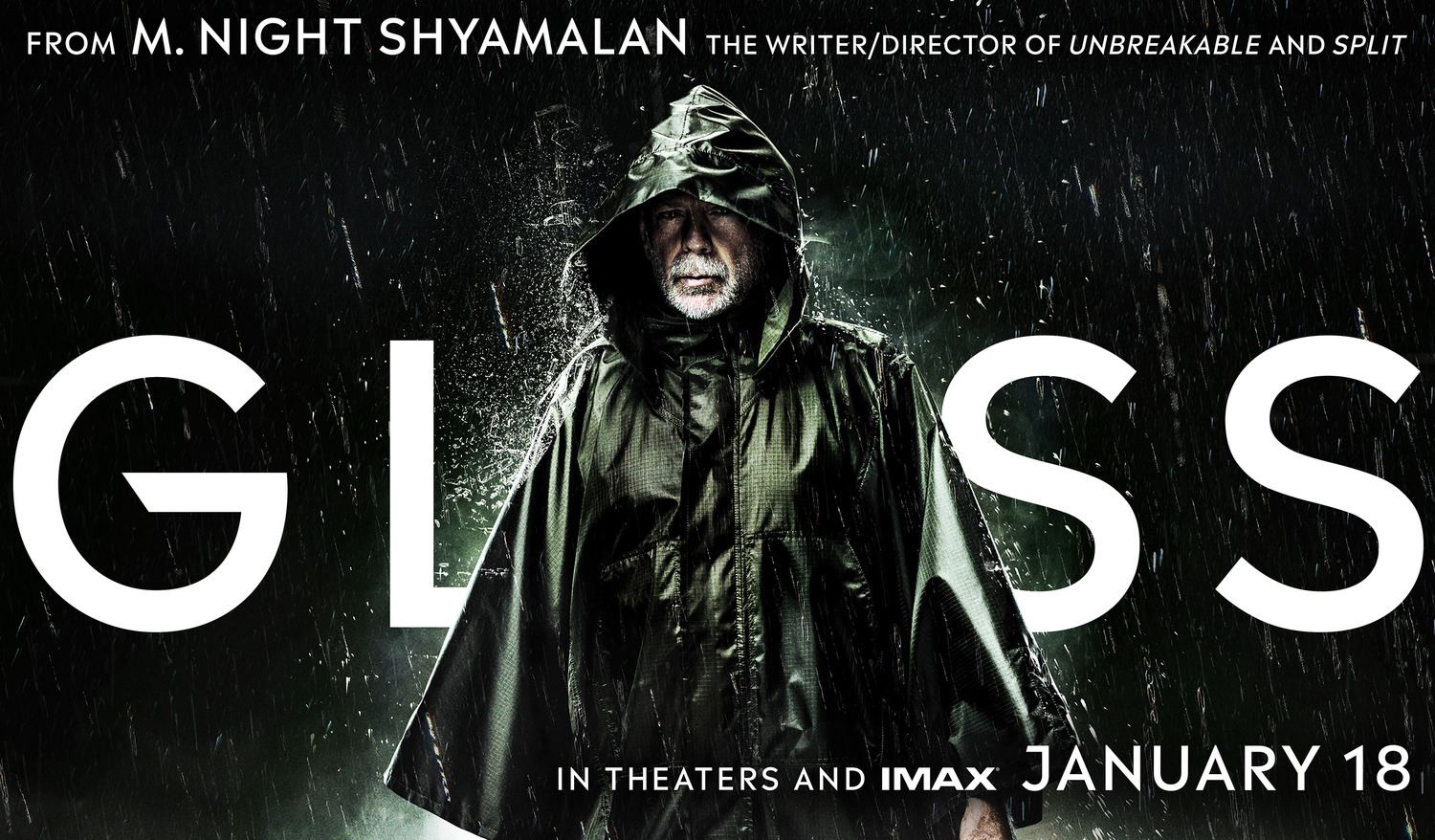
-
Glass (2019)

-
Glass (2019)
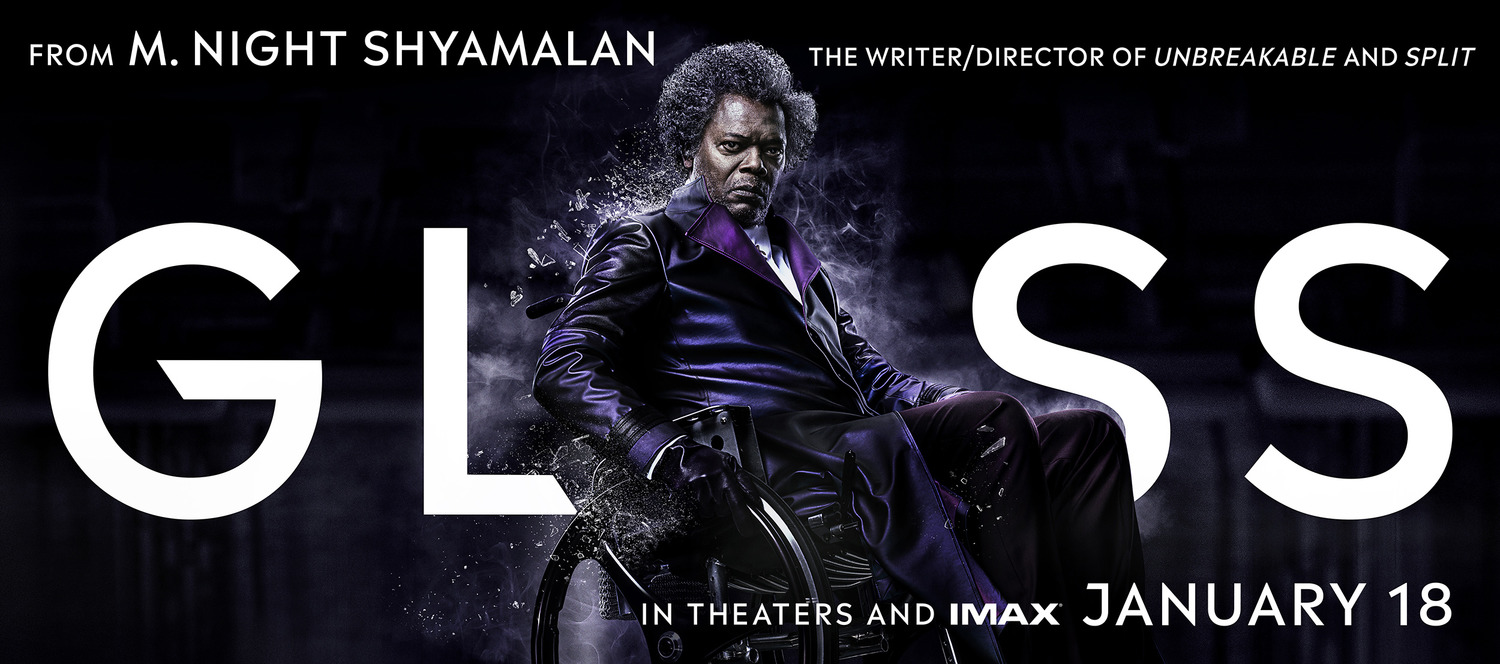
-
Glass (2019)
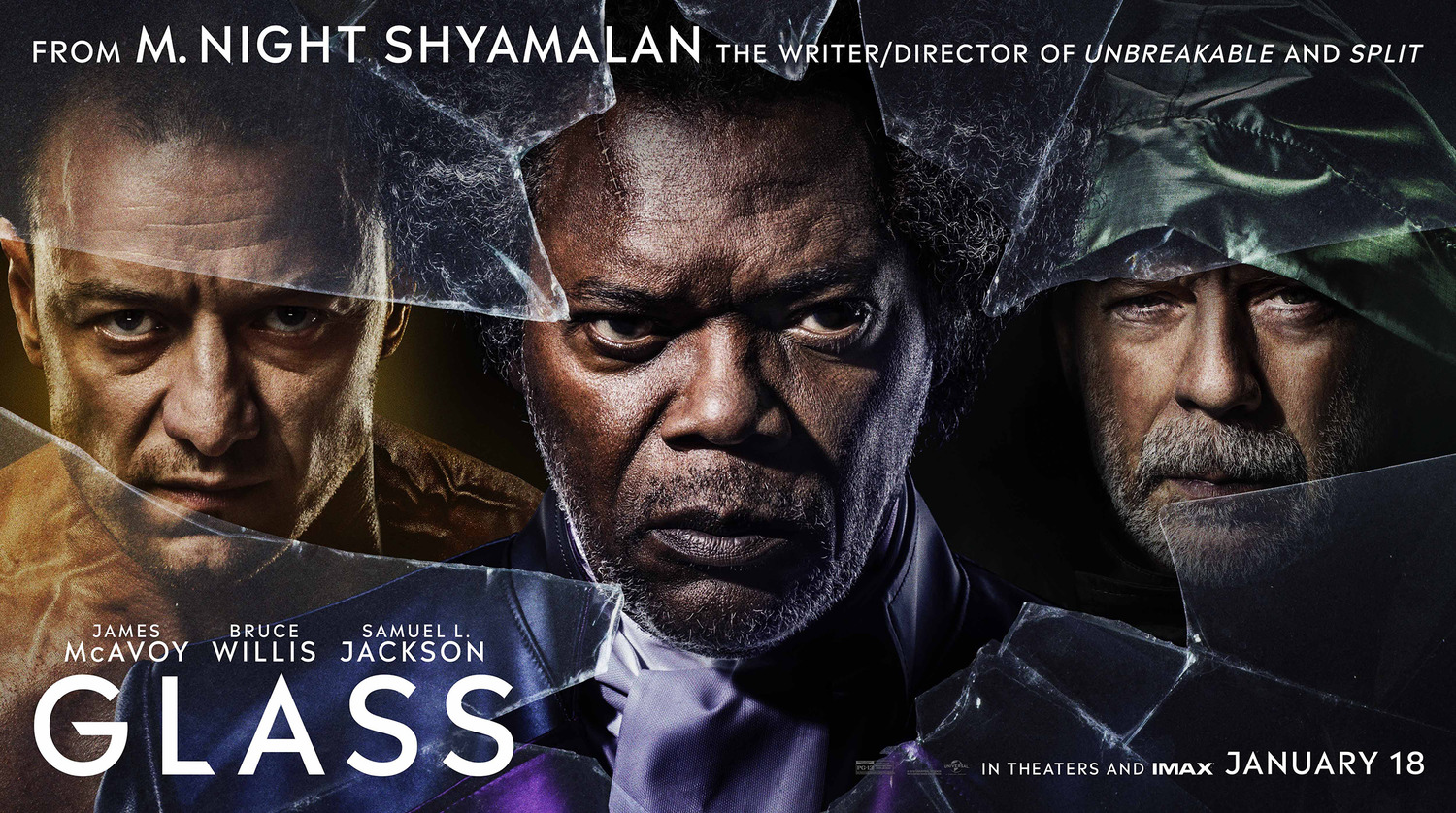
-
Glass (2019)
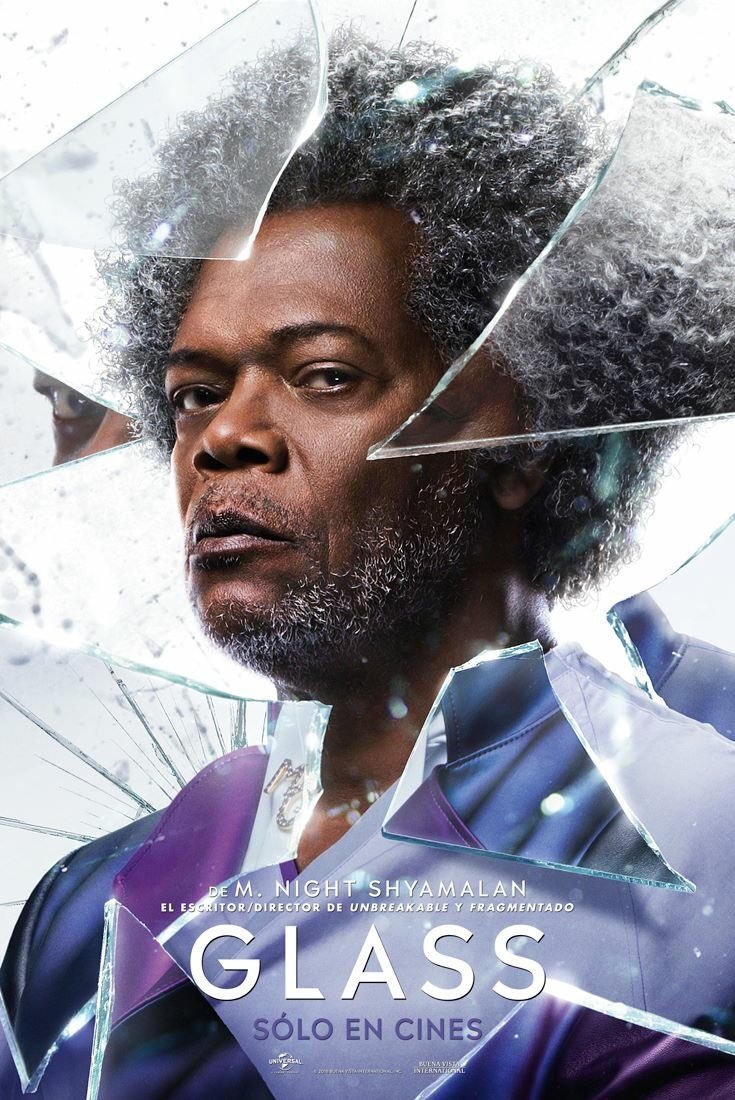
-
Glass (2019)
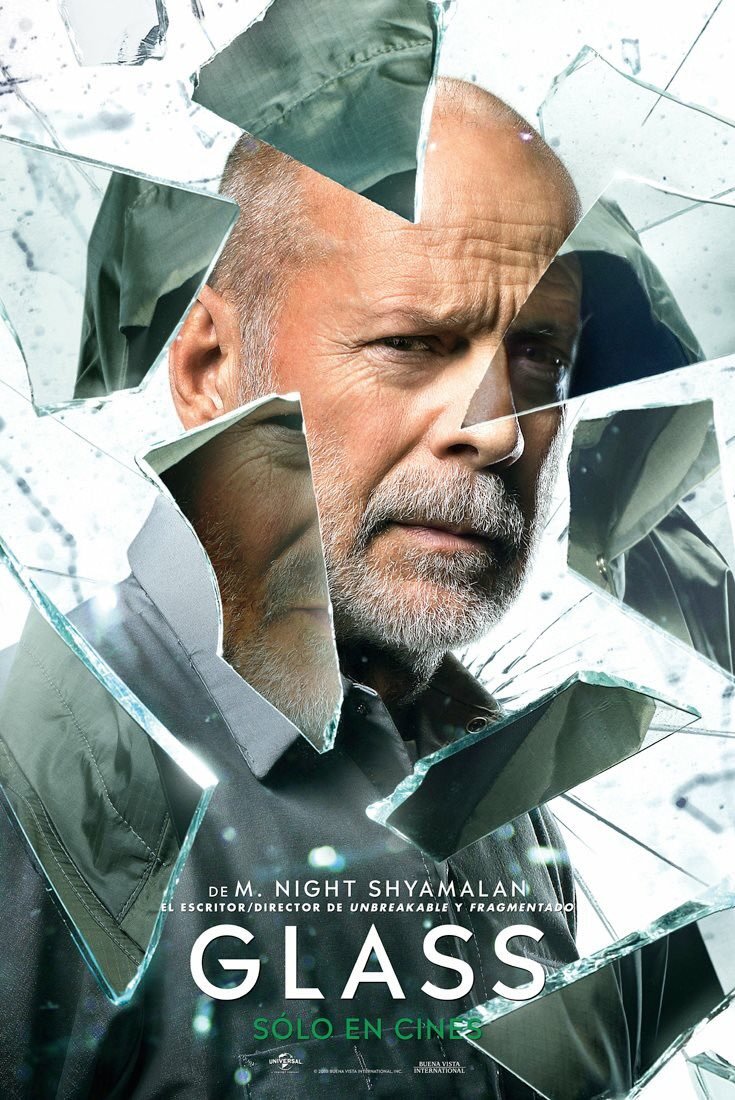
-
Glass (2019)
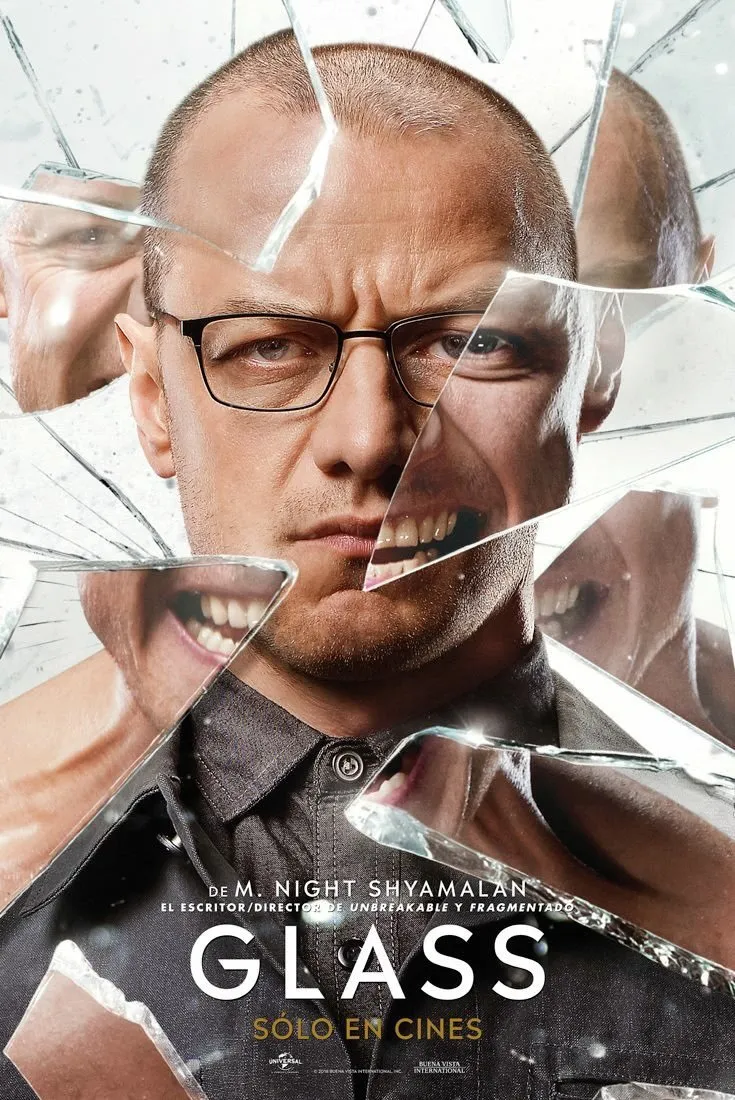
-
Glass (2019)
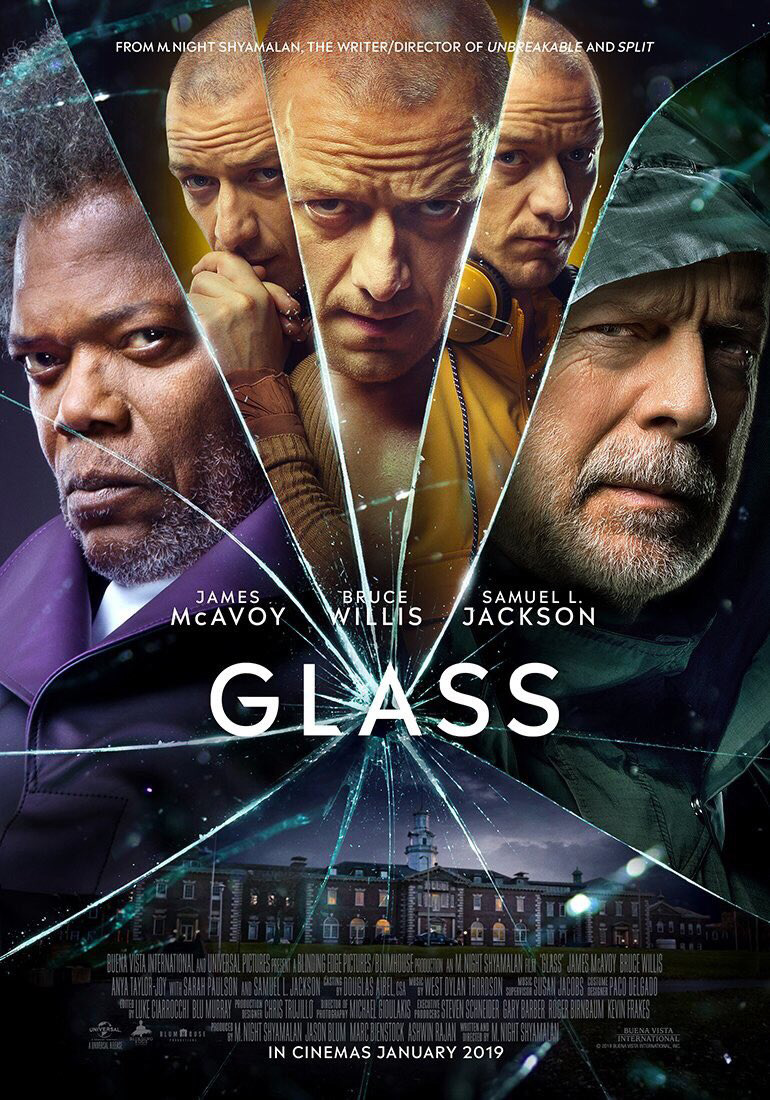
-
Glass Comic-Con poster
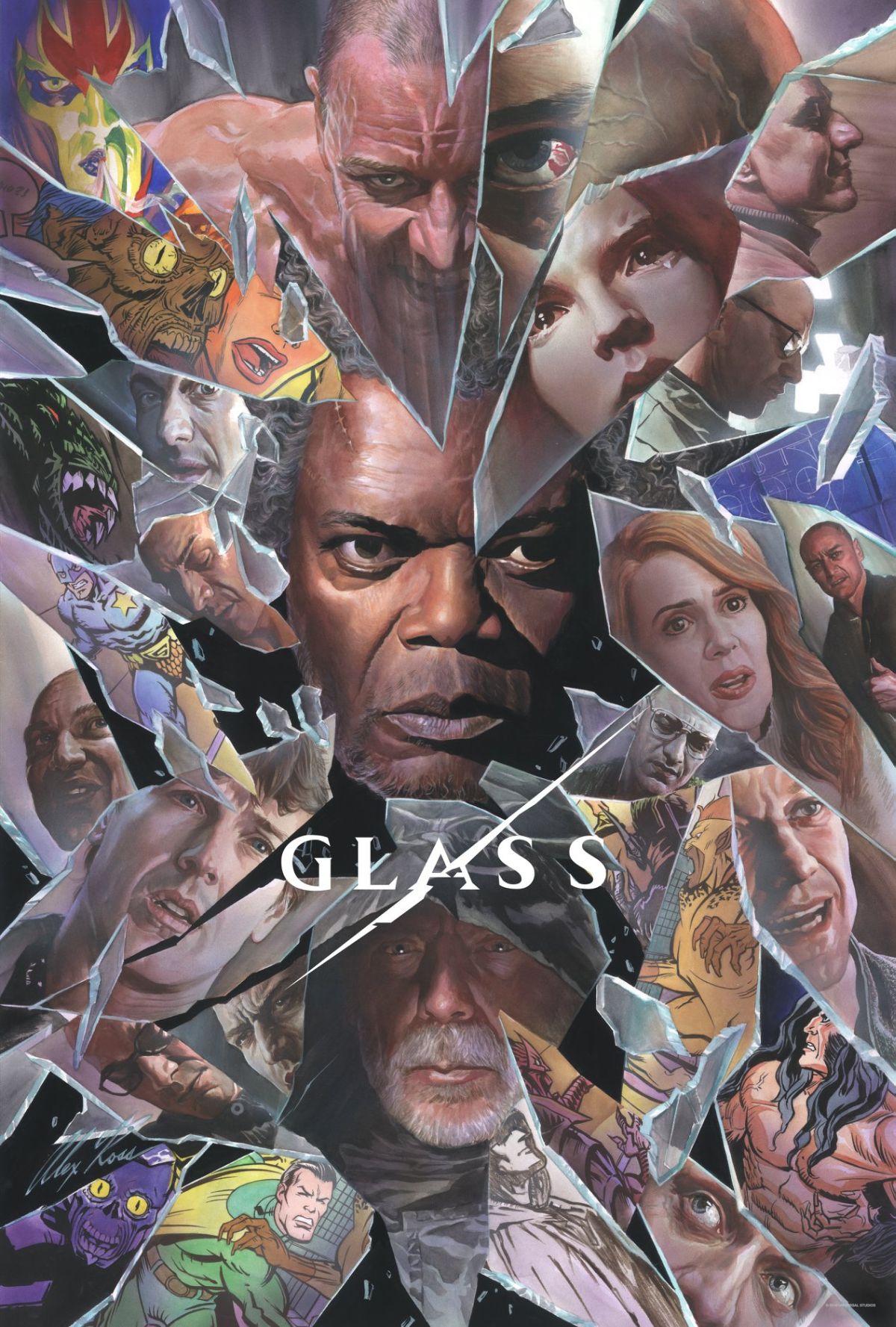
-
Glass (2019)
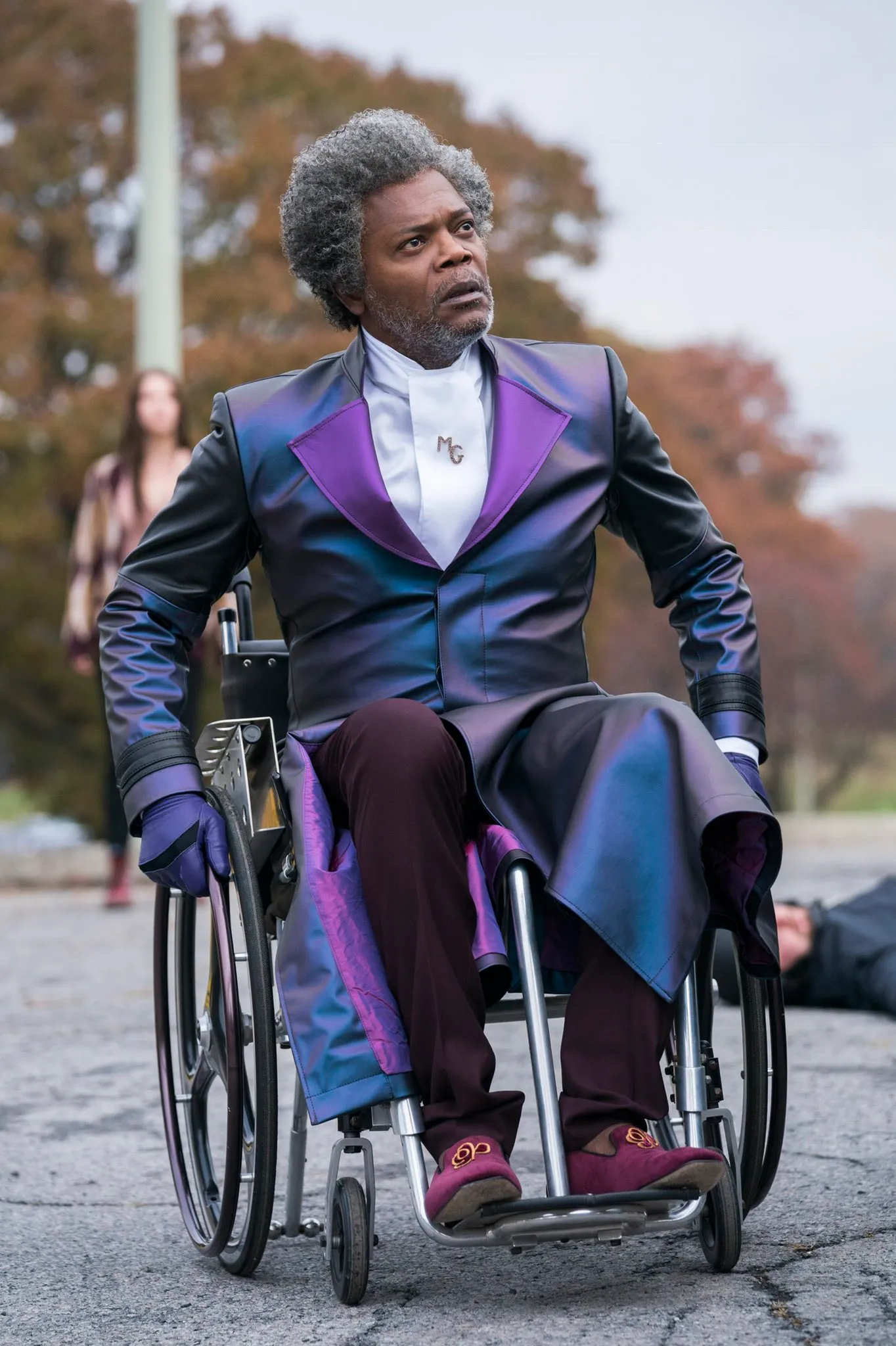
-
Glass (2019)
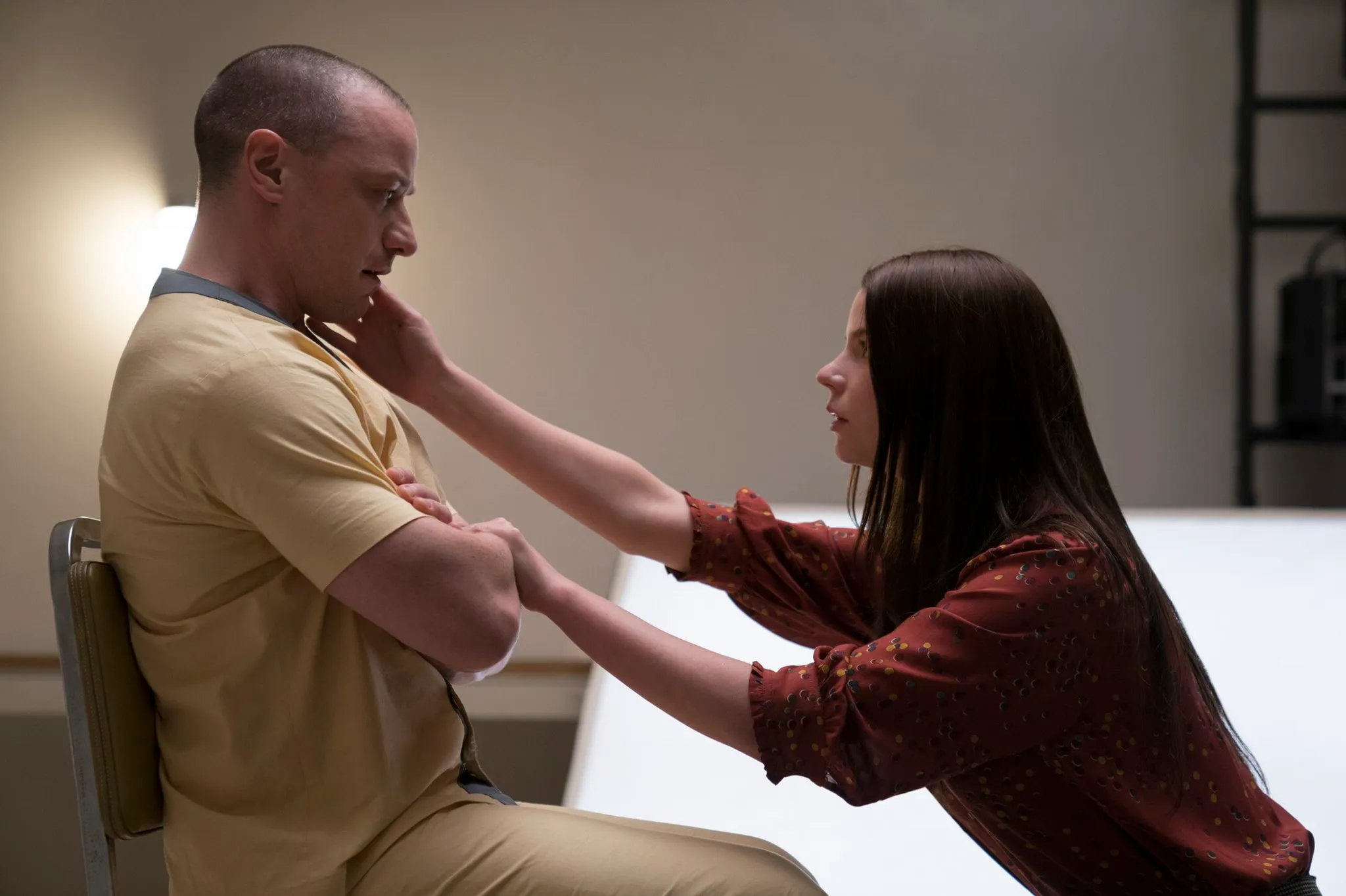
-
Glass (2019)
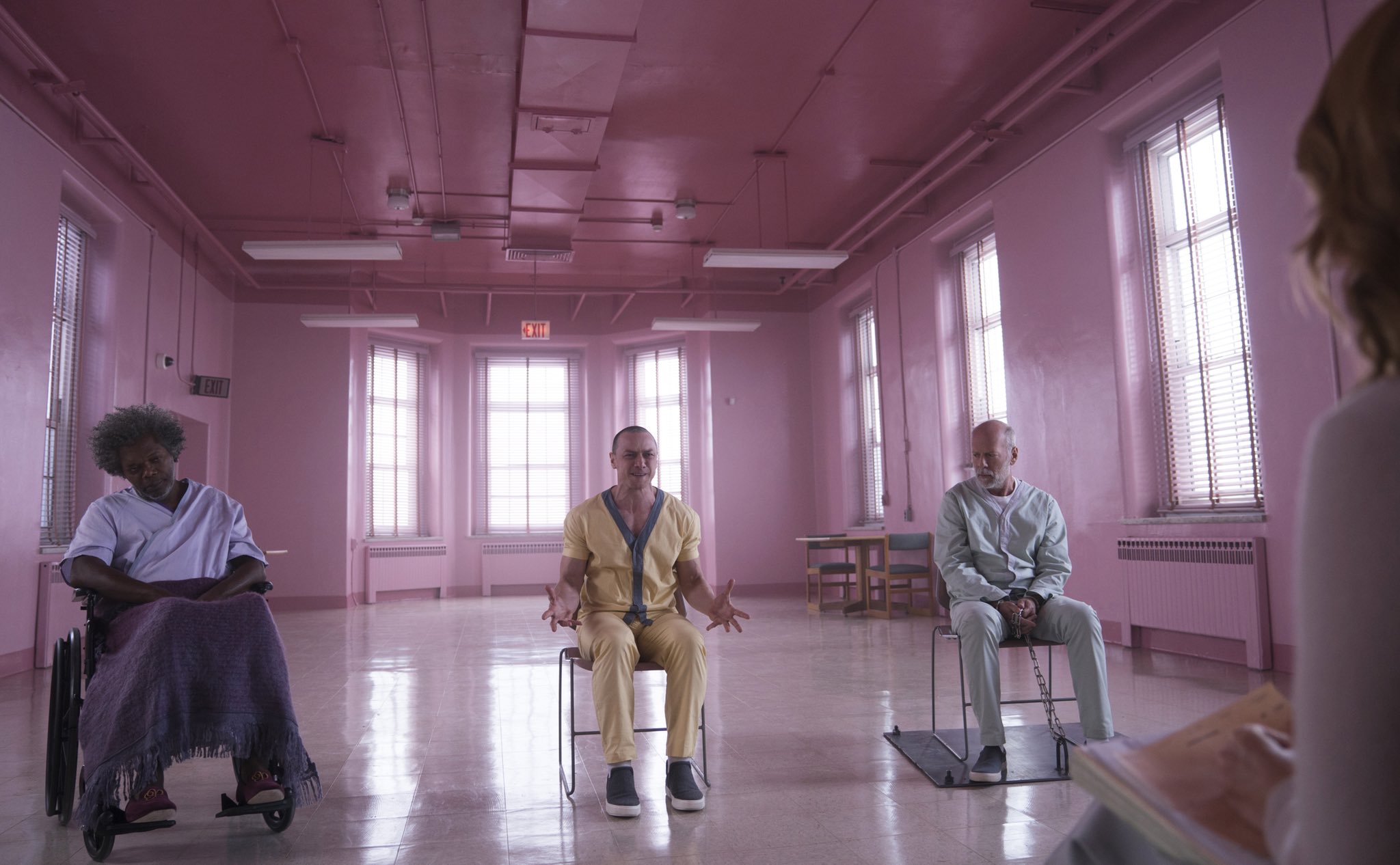
-
Glass (2019)
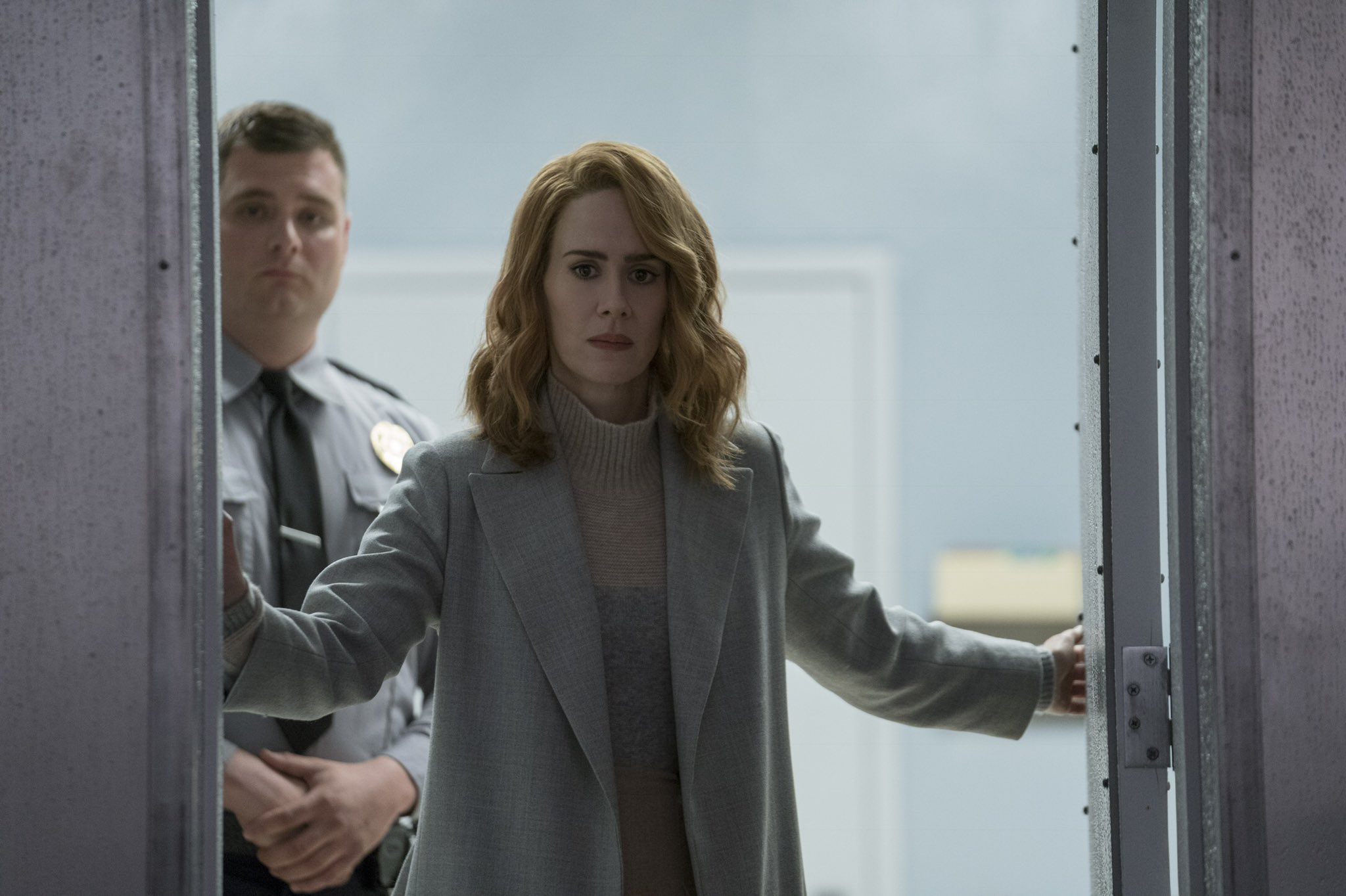
-
Glass (2019)
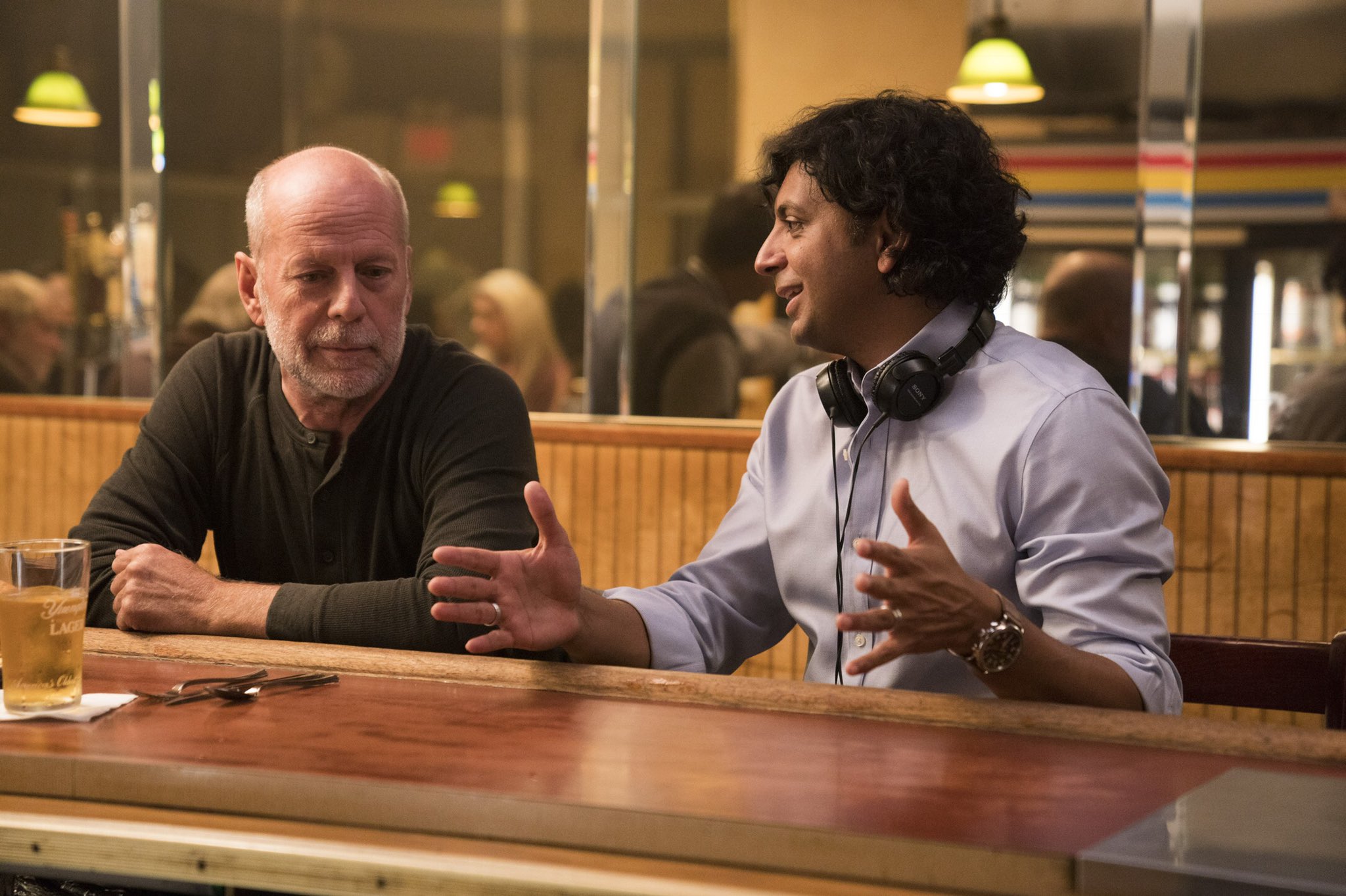
-
Glass (2019)
